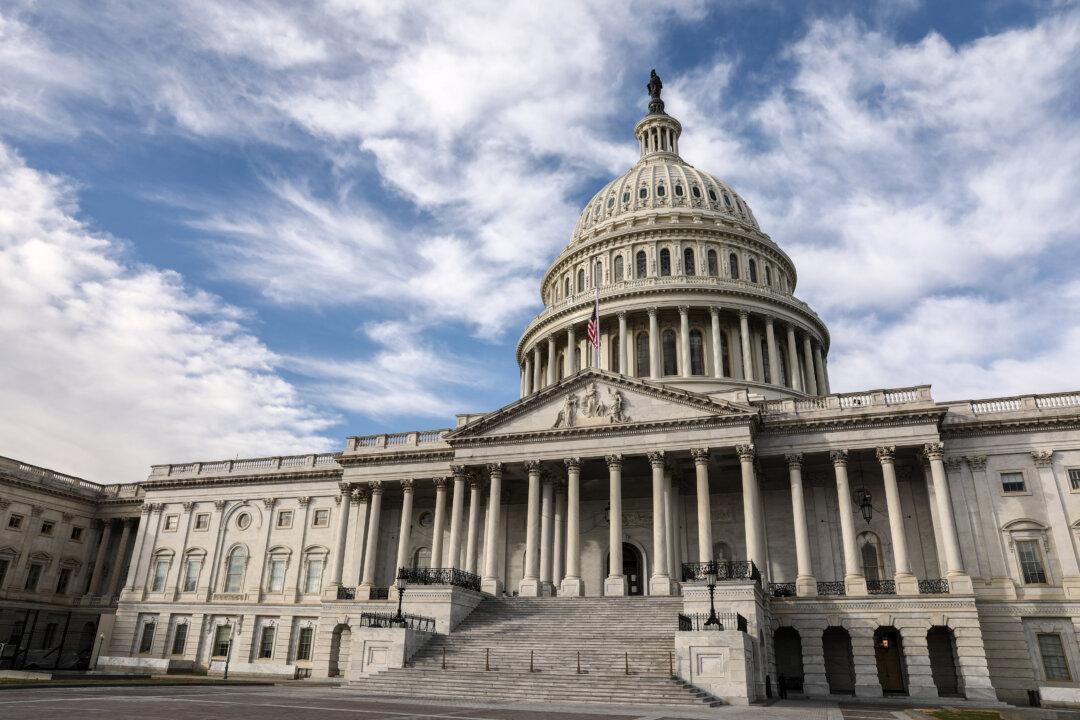House Delegate Eleanor Holmes Norton (D-DC) announced Wednesday that the House will vote on the D.C. statehood bill for the second time two weeks from now. Although it is certain to pass the Democrat-controlled House, its fate is uncertain in the tied Senate with GOP members opposing the measure.
“The week of April 19th the House will take a historic step in righting the monumental wrong of denying the 712,000 federal taxpaying American citizens who live in the nation’s capital voting representation in Congress and self-government without congressional interference into local affairs,” Norton said in a statement.





